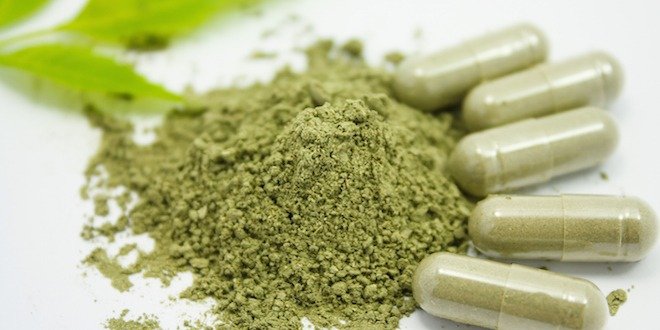
On top of regular exercise, a healthy diet and medication, herbs may be another way to help you keep your diabetes in check.
Using herbs to treat health issues is a common practice in many parts of the world, dating right back to the ancient Greeks and Romans. While the jury is still out on the effectiveness of herbs in modern day medicine, some research is proving that certain herbs do have health benefits. When it comes to diabetes and herbs, studies have shown that they can help lower blood sugar, reduce high blood pressure, aid in weight loss and nerve pain, as well as improve cholesterol levels.
Talk to your healthcare provider first
Before you consider adding a new herb or herbal supplement to your diet, check with your doctor or pharmacist. Just like medication, herbs can have side effects and may interact with other drugs you’re already taking. Be sure to get advice on the amount you can safely consume per day.
Even with the go-ahead from your healthcare provider, check your blood sugar more often while you’re trying a new herb to make sure there are no side effects. Stick to reputable supplement brands that clearly label ingredients and have an eight-digit Natural Product Number. This means they have been reviewed and approved by Health Canada.
Diabetes and herbs
If you’re curious about adding herbs or herbal supplements to your daily regime, here are some worth exploring.
Cinnamon
Most of us think of cinnamon as a flavour boost for dessert, but studies have proven that this spice derived from evergreen trees, has multiple health benefits. As well as boosting the body’s overall immune system, some research shows cinnamon can lower blood sugar levels, improve cholesterol and help with weight loss in people with type 2 diabetes.
Learn more about using cinammon in our expert dietitian blog here.
Turmeric
Curcumin is a component in turmeric (that fragrant spice used in curries), getting lots of buzz for its antioxidant prowess. It is often used to treat digestion issues and inflammation for a variety of conditions, including cancer. In diabetes, researchers are finding it useful in lowering blood sugar and cholesterol levels. One small study even showed curcumin prevented prediabetes from progressing to diabetes.
Fenugreek
This aromatic plant produces another spice that is key to the curries of Indian cuisine. Rich in vitamins and minerals, the seeds are also high in soluble fibre, which lowers blood sugar by slowing down digestion and the absorption of carbohydrates.
Whortleberry
A cousin to the blueberry, this blue, black or red berry (also referred to as a bilberry) has powerful antioxidants in its fruits and leaves that can prevent damage to tiny blood vessels that lead to nerve pain or eye issues. Scientists are also discovering this magic berry works similarly to insulin in controlling blood sugar and helping with weight loss in people with type 2 diabetes. However, whortleberries should never be used as an alternative to insulin.
Gamma-linolenic acid (GLA)
A fatty acid, GLA is found in evening primrose oil, which is made from the seeds of wildflowers. Some research suggests adding this supplement to your diet can help with nerve pain associated with diabetes. GLA is said to regenerate veins and even encourage nerve growth. But keep in mind it may take eight to 10 weeks to see any results.
Ginseng
Derived from a light brown gnarled root, ginseng has long been popular for boosting the immune system and overall mental well-being. But scientists have also discovered it can improve the production of insulin in people with type 2 diabetes to help normalize blood sugar levels. Despite its multiple benefits, ginseng can interact with several medications, including statins and antacids so be sure to check with your doctor or pharmacist first.
Based on some of the evidence, the healing power of herbs for diabetes is quite impressive. Be sure to do your research—and speak to your healthcare provider—to determine the herbs that may help you.

